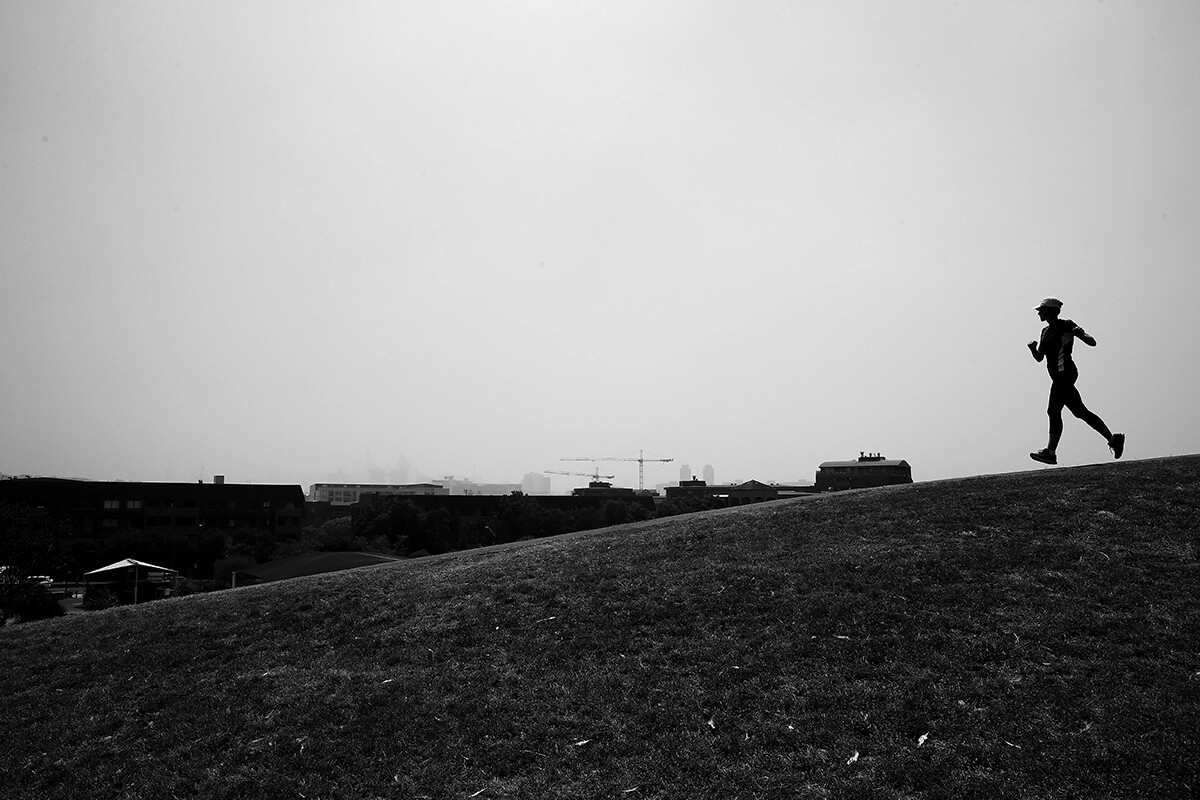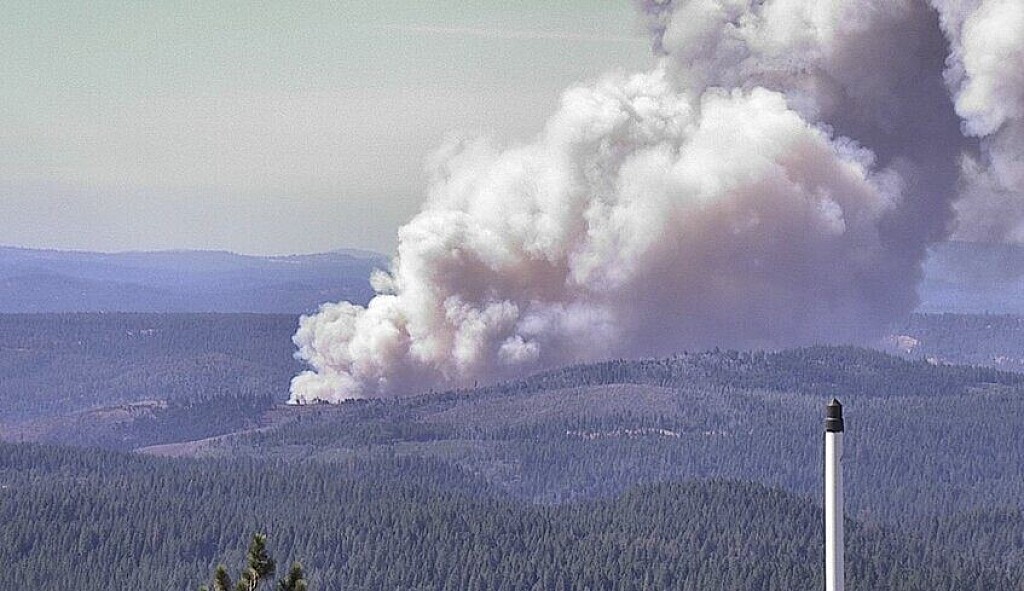Running News Daily
Running News Daily is edited by Bob Anderson. Send your news items to bob@mybestruns.com Advertising opportunities available. Train the Kenyan Way at KATA Kenya and Portugal owned and operated by Bob Anderson. Be sure to catch our movie A Long Run the movie KATA Running Camps and KATA Potato Farms - 31 now open in Kenya! https://kata.ke/
Index to Daily Posts · Sign Up For Updates · Run The World Feed
Running during wildfire season: how to stay safe
Over the last several days, wildfires spreading through Nova Scotia, Quebec and northern Ontario have forced runners across eastern Canada to adjust their training plans and reconsider their outdoor running regime. But how much does this change in air quality really affect you, and how careful do runners really need to be?
Health risks from wildfire smoke

Running in poor air quality, particularly when caused by wildfires, can present significant health risks that runners need to consider before heading out for their daily miles. Wildfire smoke releases a complex mixture of pollutants, including particulate matter, volatile organic compounds (VOCs) and hazardous gases, which can have severe respiratory and cardiovascular effects.
As wildfires become increasingly common and widespread, it is crucial for runners to take proactive measures to safeguard their health and well-being.

Exercising in areas affected by wildfire smoke exposes runners to high levels of fine particulate matter (PM2.5) and harmful gases such as carbon monoxide (CO) and nitrogen dioxide (NO2). These pollutants can penetrate deep into the lungs, causing irritation, inflammation and potential long-term damage.
The presence of VOCs and hazardous gases can also compromise cardiovascular health, leading to increased risks of heart attacks and other cardiac complications.
Monitoring air quality
When confronted with poor air quality resulting from wildfires, runners must prioritize their health and take appropriate precautions. First and foremost, monitoring air quality information is essential. Stay informed about local air-quality reports, which often provide specific details about particulate matter levels and advisories related to wildfire smoke. Websites, apps, or resources provided by local environmental agencies or health departments can help determine the air quality index (AQI) and provide guidance on outdoor activities.
Hit the treadmill
It is crucial for runners to exercise caution and consider modifying their routines when faced with compromised air quality due to wildfires. When smoke is dense or the AQI reaches unhealthy levels, it is advisable to limit or avoid outdoor activities. If you have access to a treadmill, consider taking your workout indoors until the air quality improves.
If you absolutely must run outdoors, certain times of day are less risky than others. Typically, pollution levels are lower in the mornings when temperatures are cooler, and wind patterns may be more favourable. However, conditions can change rapidly, so make sure you continue to monitor the air quality and change your workout plans if necessary.
Remember, choosing to run when the air quality is potentially harmful to your health is like running when you’re injured. A couple of missed workouts likely won’t have a significant impact on your fitness, and running anyway could cause larger problems that ultimately set you back even further.
Wearing appropriate protective gear, such as N95 masks, can also help filter out some of the harmful particles. Of course, masks have limitations and may impede breathing, so if you’re going to try running with a mask, remember to ease up on the pace, and avoid trying to do any challenging speed workouts until the situation improves.
Ultimately, your health and safety should take precedence over your workout routine during periods of poor air quality. By staying informed and modifying your running routine accordingly, you can minimize your exposure to harmful pollutants and protect your respiratory and cardiovascular health.
by Brittany Hambleton
Login to leave a comment




